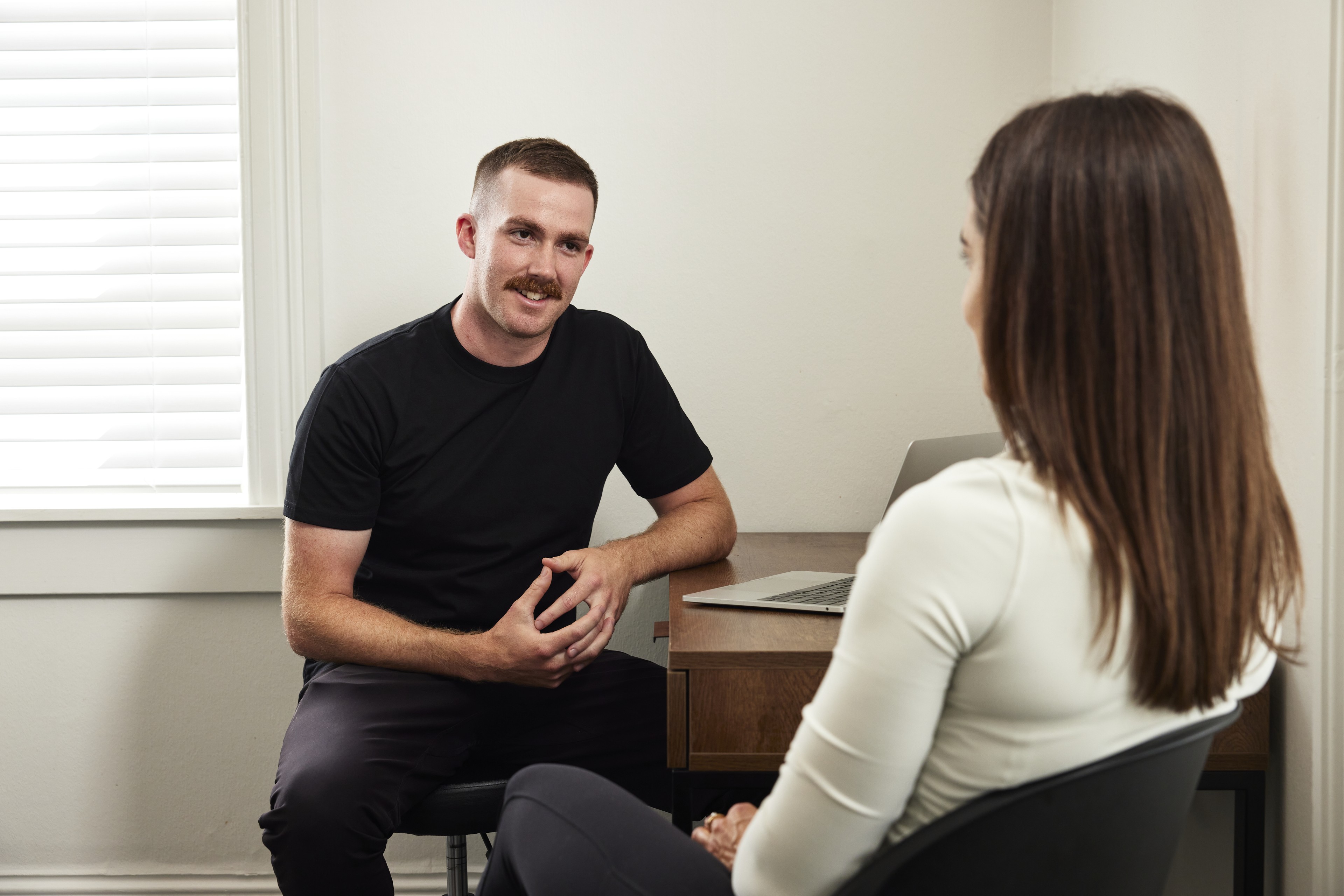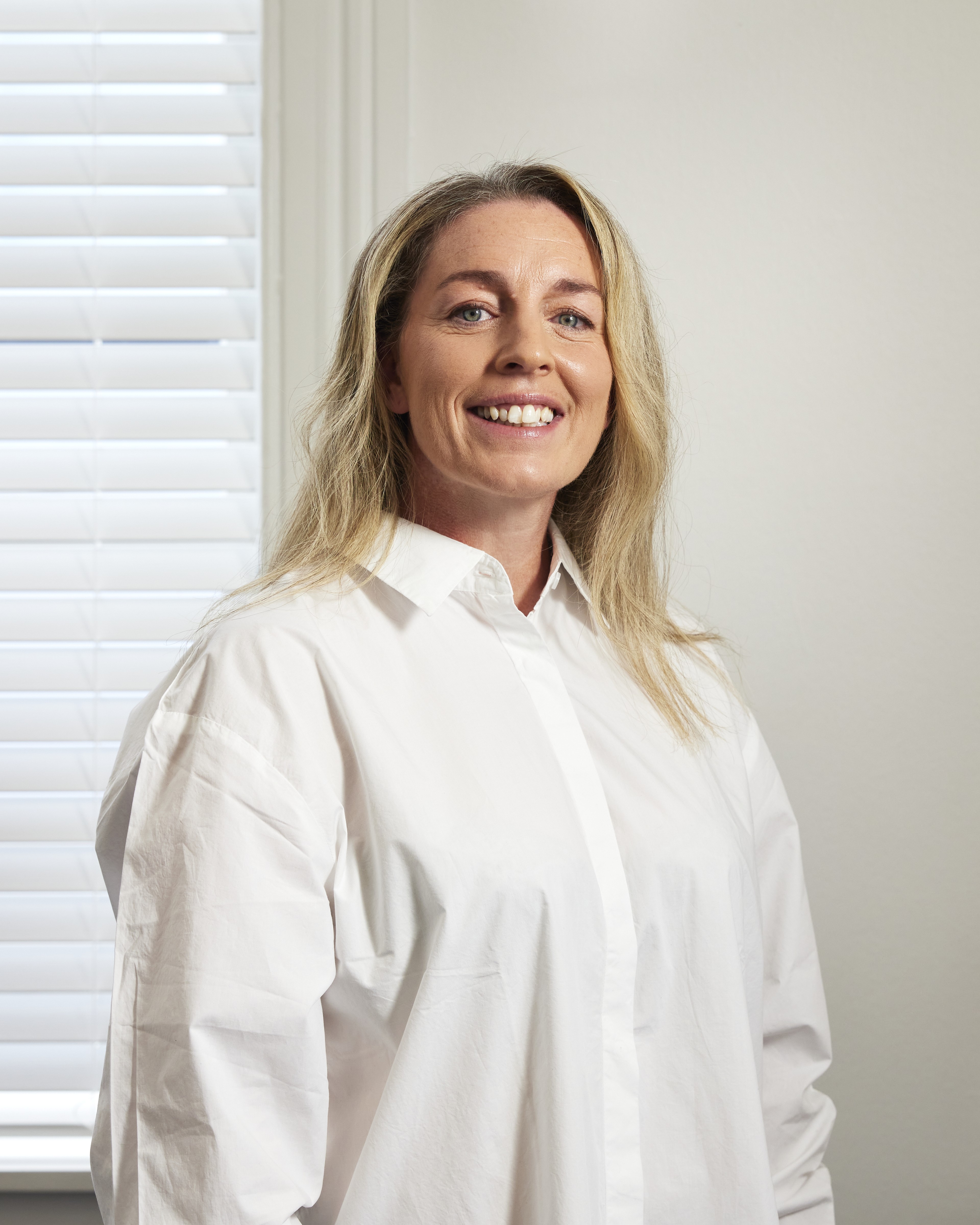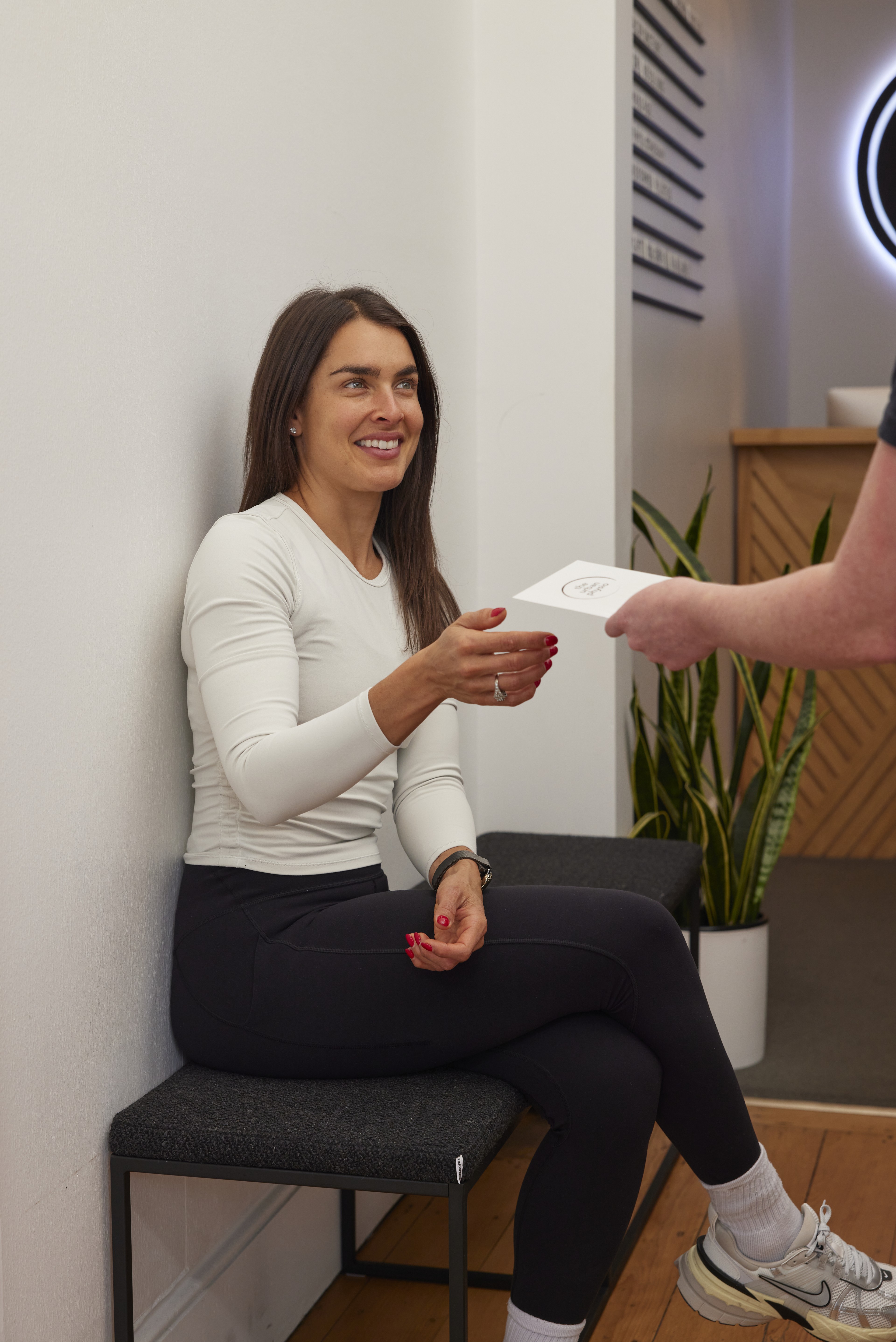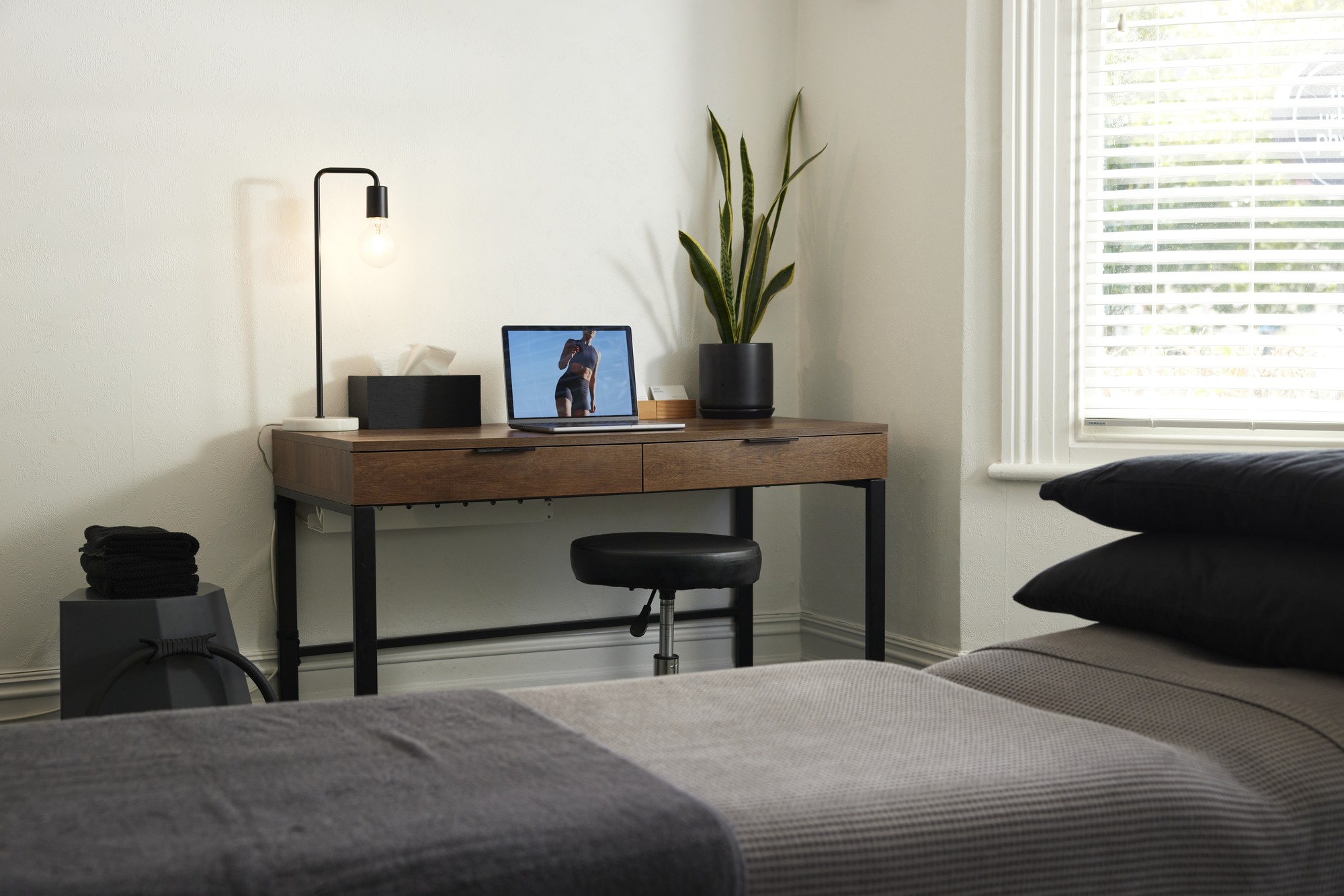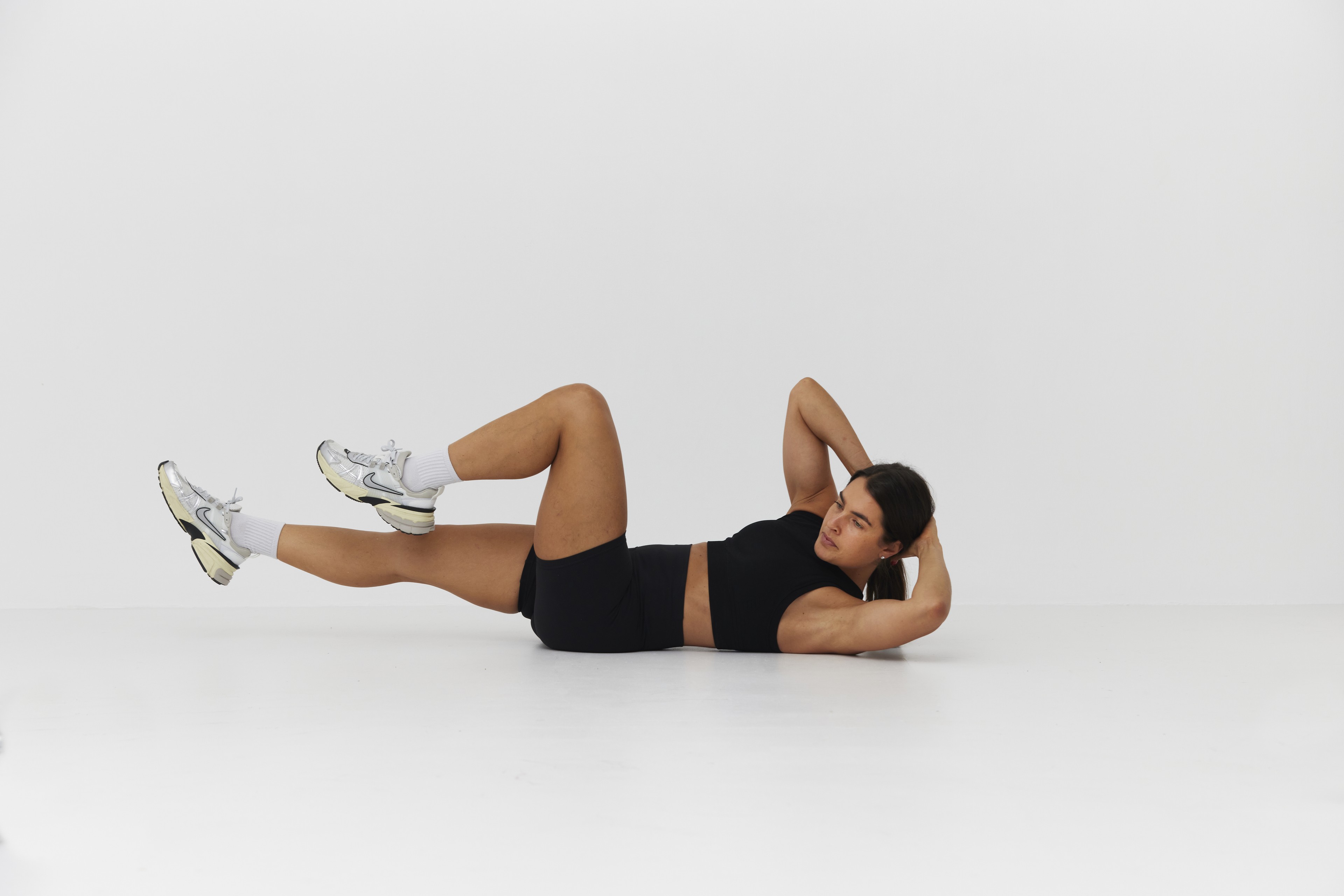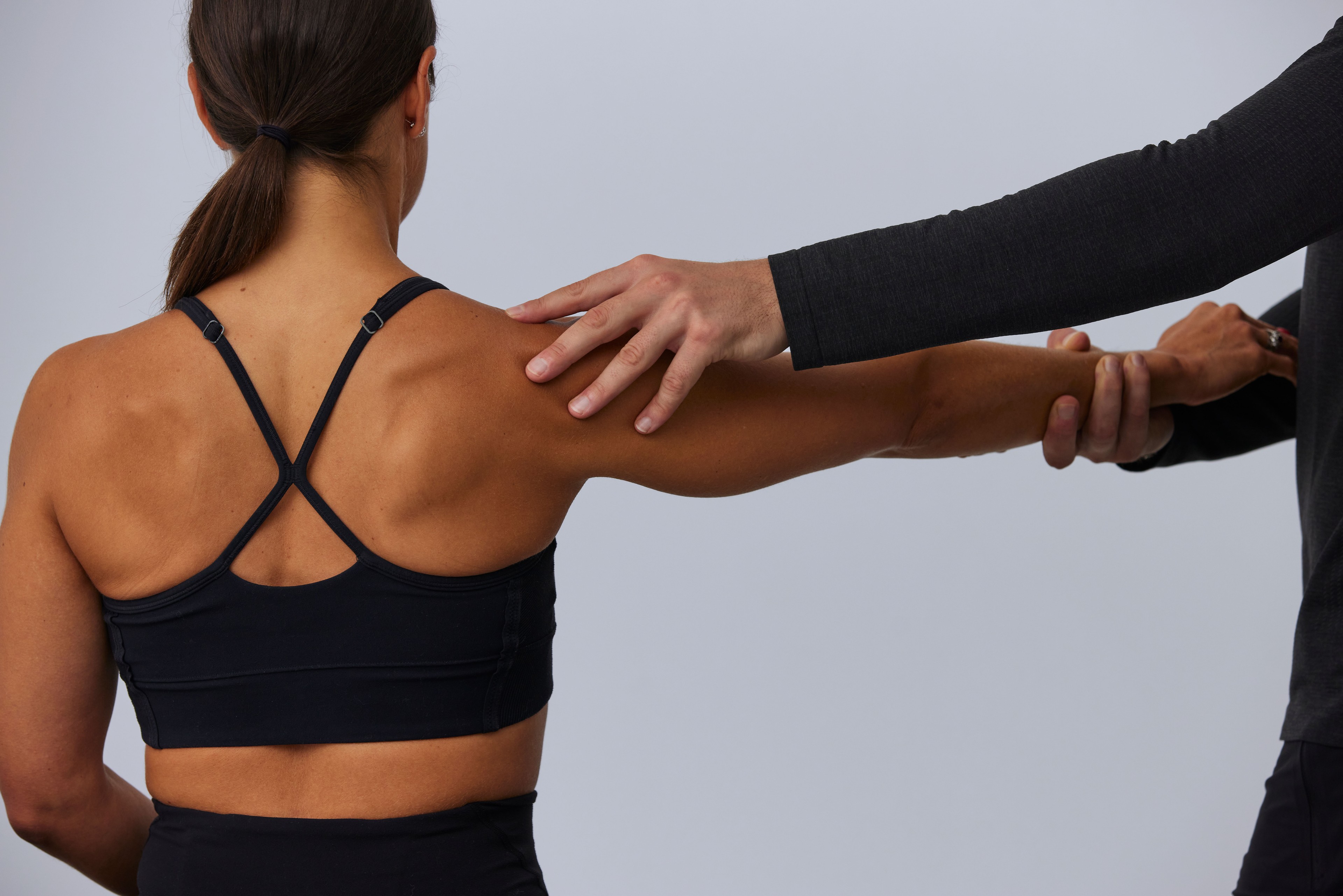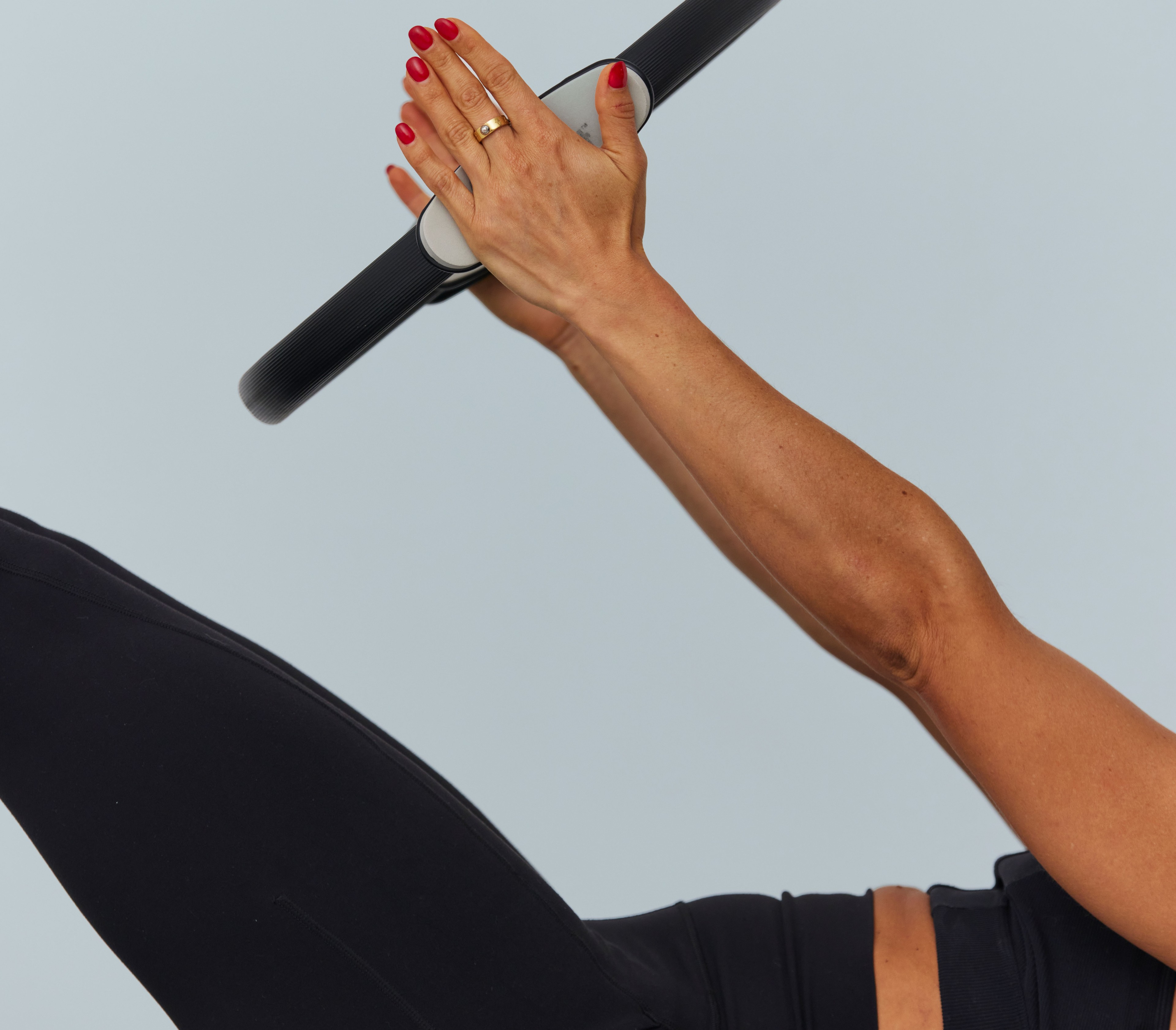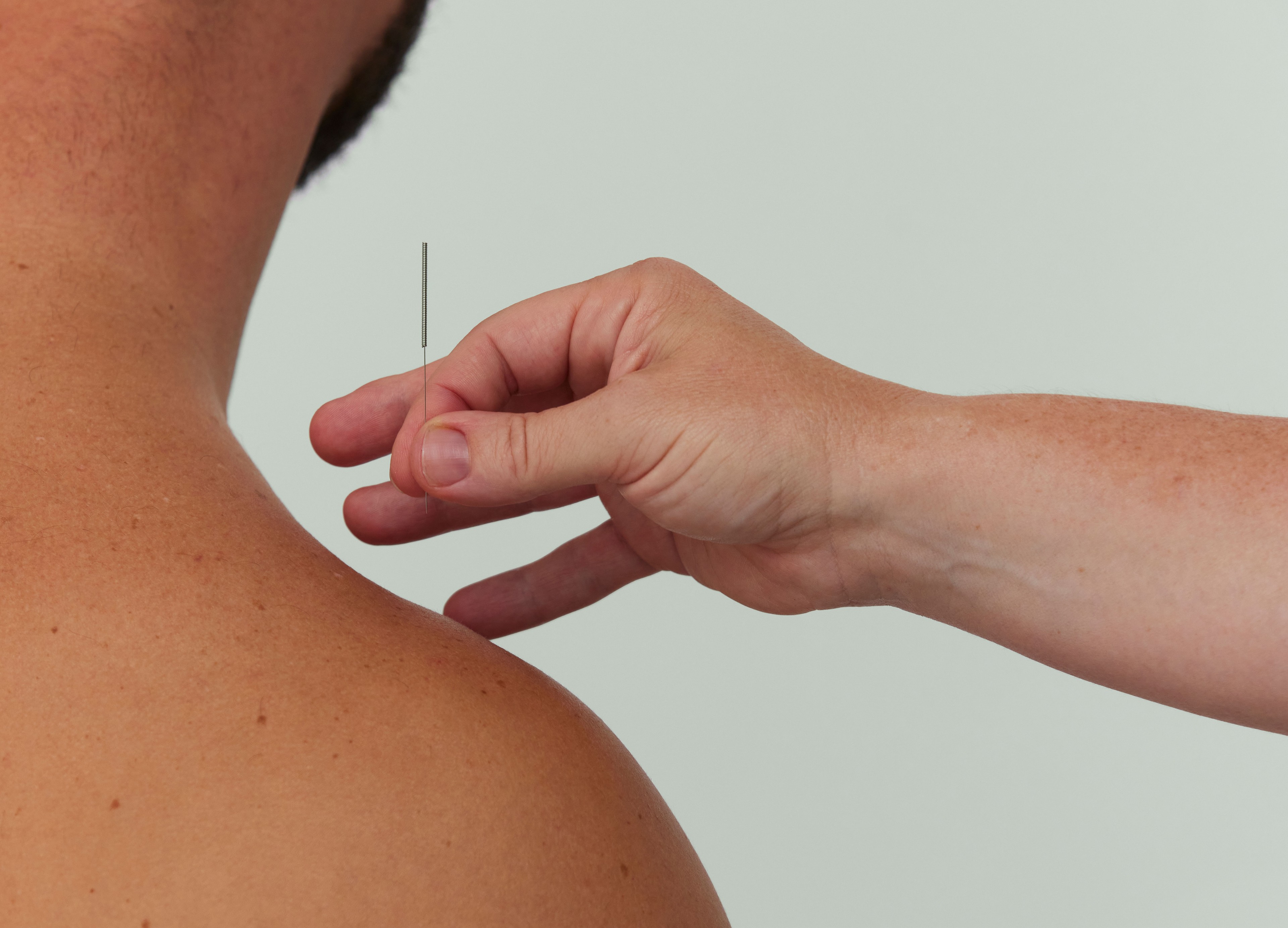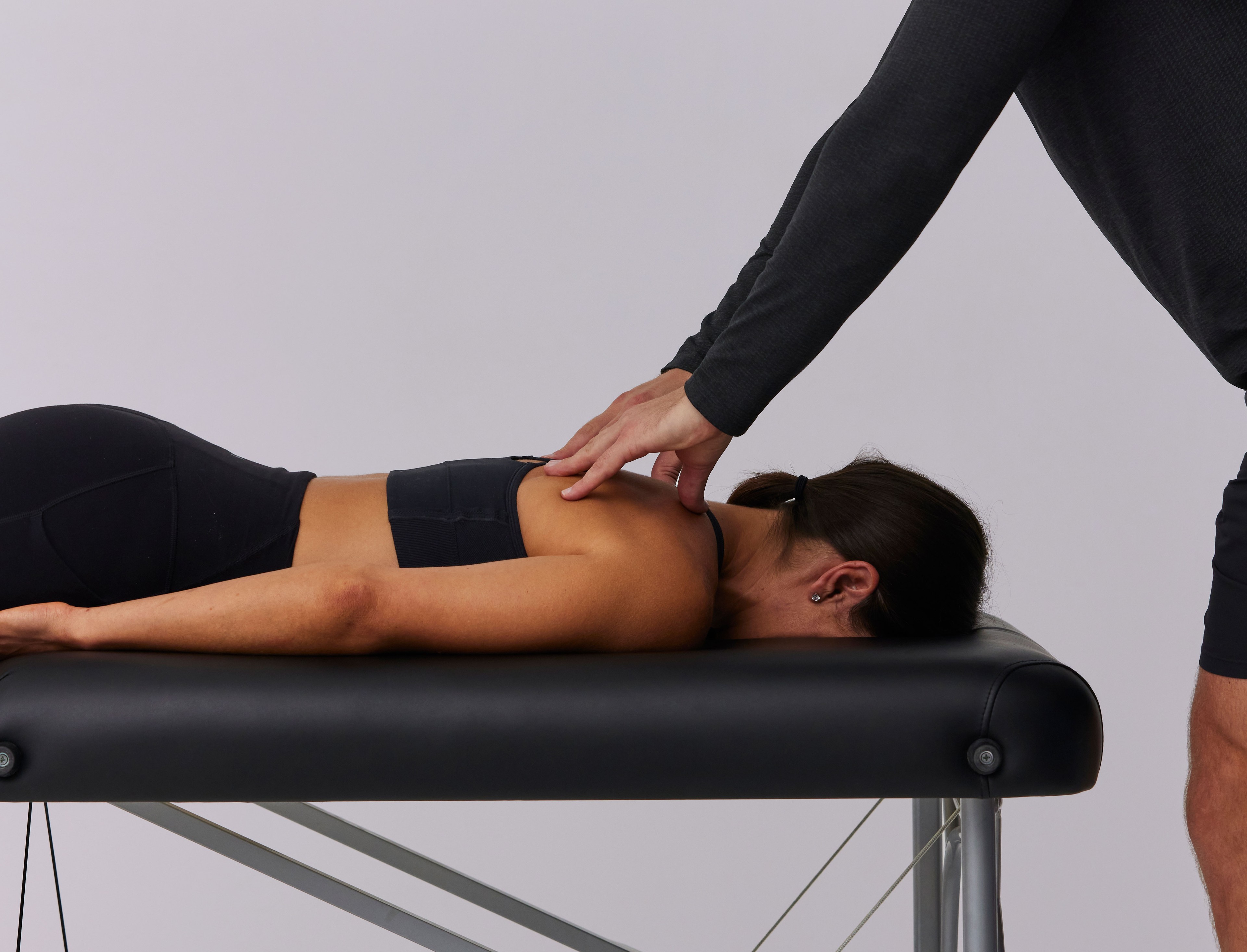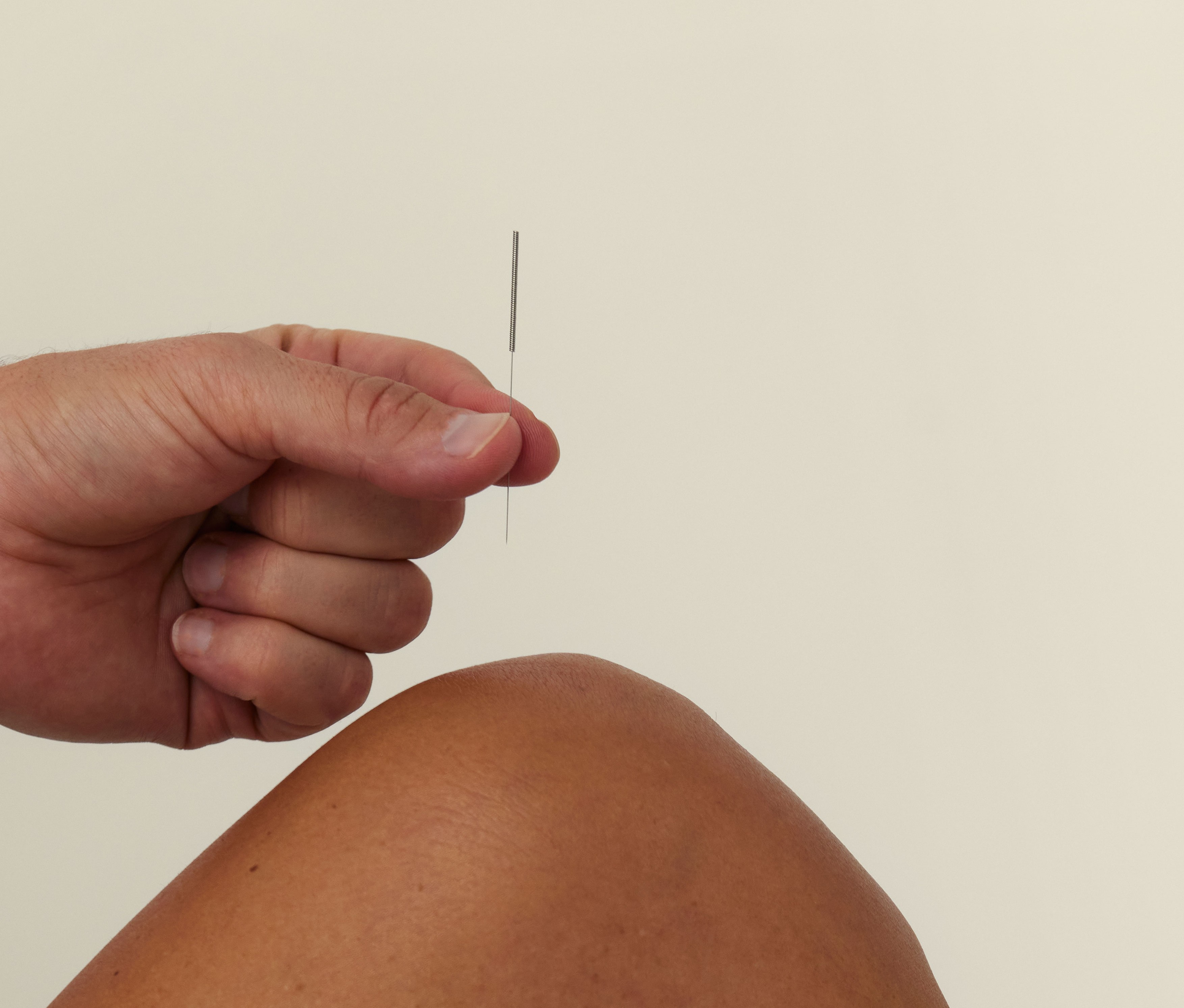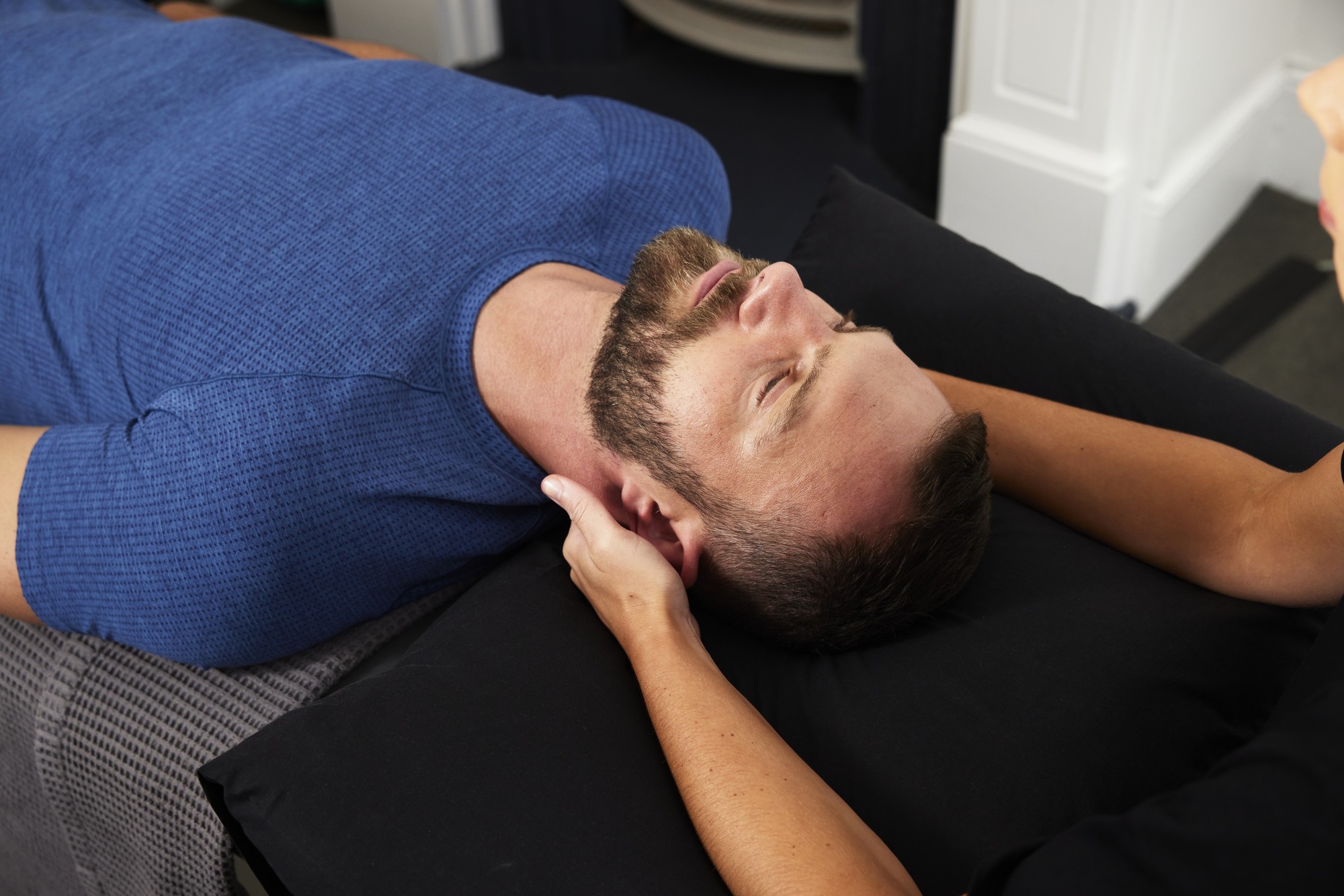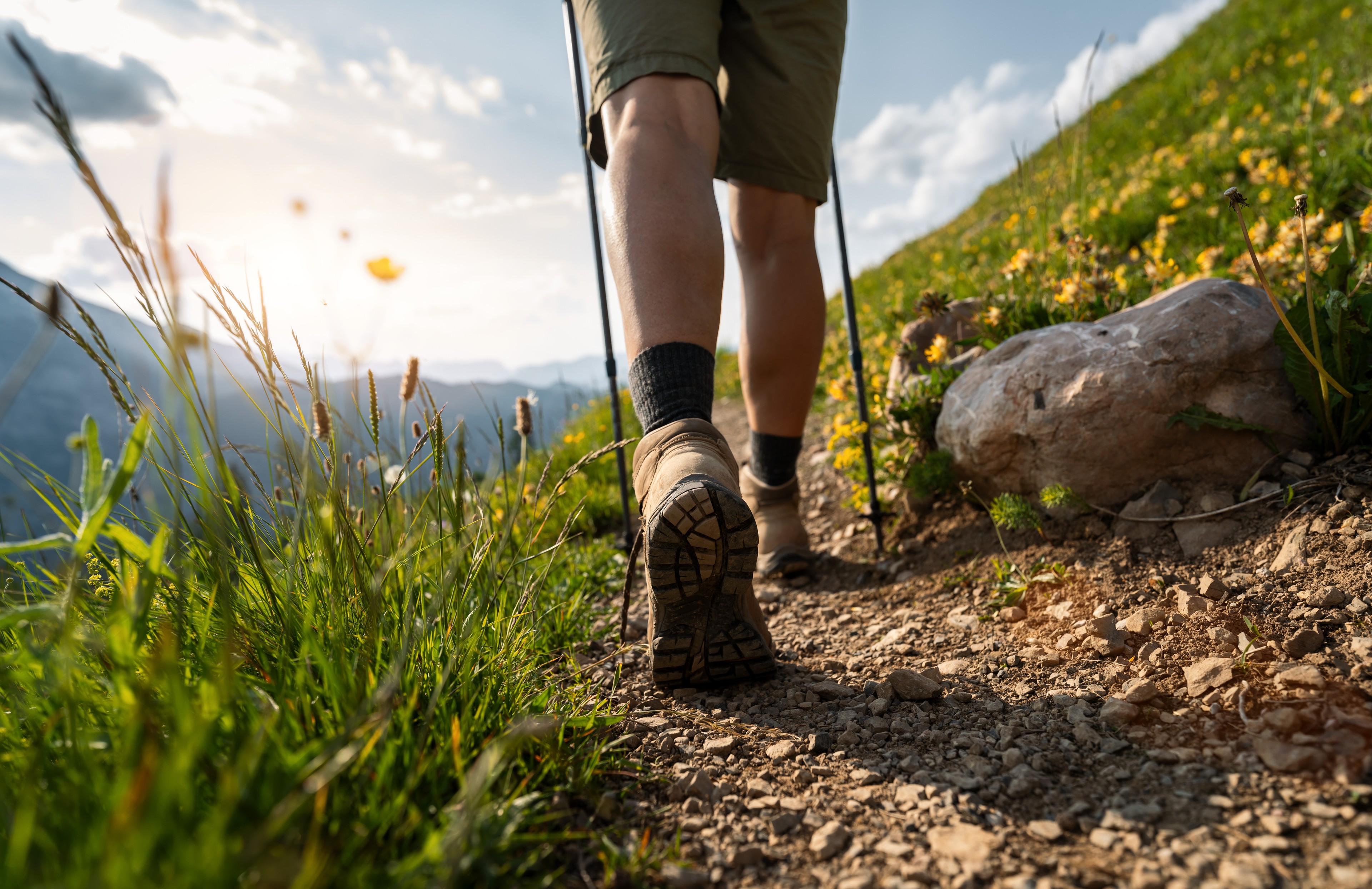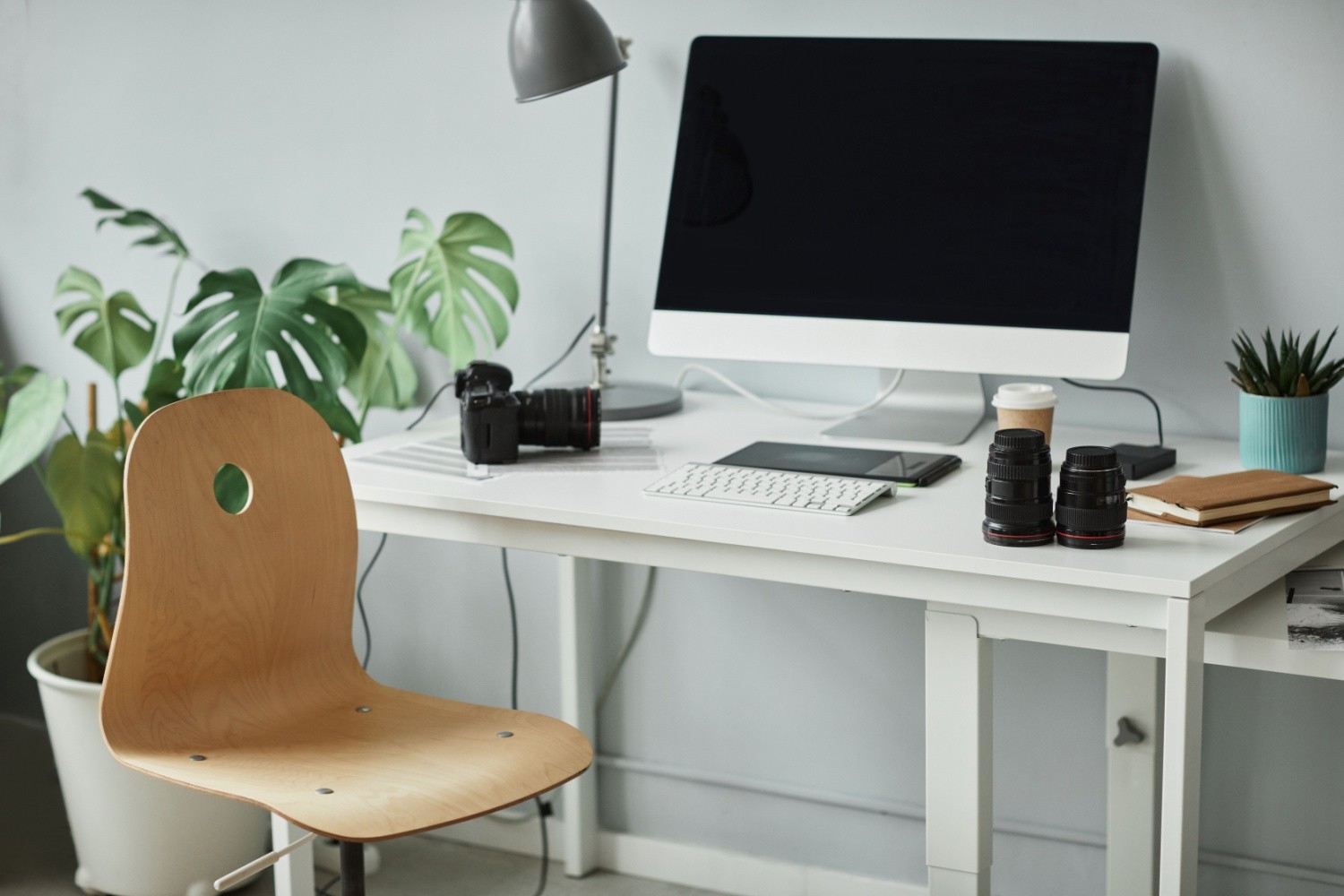Making the Most of Mindfullness
Mindfulness is the act of focusing on how you feel, think and are present in the current moment. Concentrating and being fully focused on the ‘now’ can calm your nervous system and reduce stress levels, anxiety and depression.
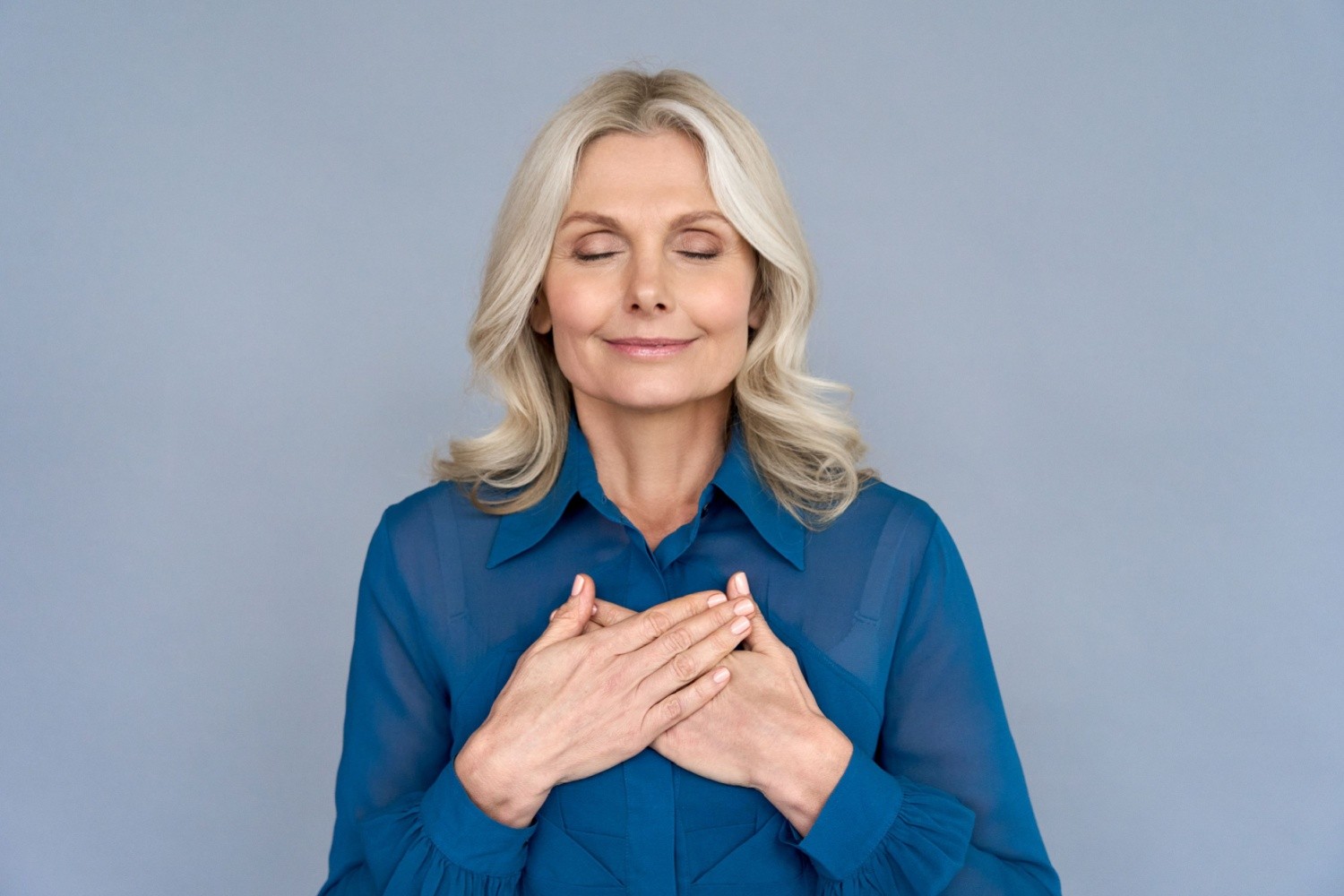
Mental and physical health are inherently linked, yet often treatments, preventions and cures favour one or the other. While it’s witnessed a surge in popularity in recent years, the art of mindfulness actually dates back as far as 2,500 years with its origins in ancient eastern and Buddhist philosophy.
What is mindfulness?
Mindfulness is the act of focusing on how you feel, think and are present in the current moment. Concentrating and being fully focused on the ‘now’ can calm your nervous system and reduce stress levels, anxiety and depression.
You can be mindful to how you are moving or walking. You can also be mindful of how you eat, and whether its contributing to brain or body nutrition, or attuned to the pace of eating and its taste.
Mindfulness is an art and can take some practise to implement. In a way it’s in direct opposition to how our modern urban lives function, where we’re always thinking two steps ahead, and often trying to walk that too.
Your path to mindfulness
A simple way to start is to focus on small things that you do daily and be fully present in the activity. It could be waking up to the sunrise, giving your dog a cuddle or seeing your cold breath in the air as you go for an early morning run.
Going for a walk and noticing what’s around you is a prime example of mindfulness. What can you hear, smell, taste and how does it make you feel? A beneficial indoor activity is journal writing; it doesn’t need to be award-winning, simply a list of people or things for which you are grateful.
Many people ask whether mindfulness and meditation are the same, as meditation can seem daunting. Meditation is one of the methods you can use to achieve mindfulness, but it’s not the only technique.
If you would like to embrace meditation for mindfulness, a good method is to stop and focus on your breath. Take 10 deep breaths focusing on how your body feels. Classed as mindful breathing, physical and mental health benefits include improvements in oxygen and breath as well as relaxation and the reduction of stress.
There are many apps and online resources that can help you master mindfulness techniques, with a range to best suit you. Apps include Headspace, The Balance App, Calm, and Insight Timer. The Mental Health Foundation of New Zealand also offers useful resources.
